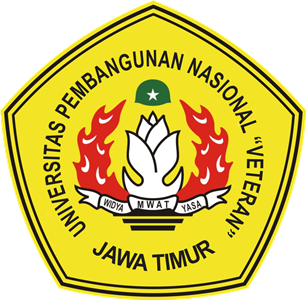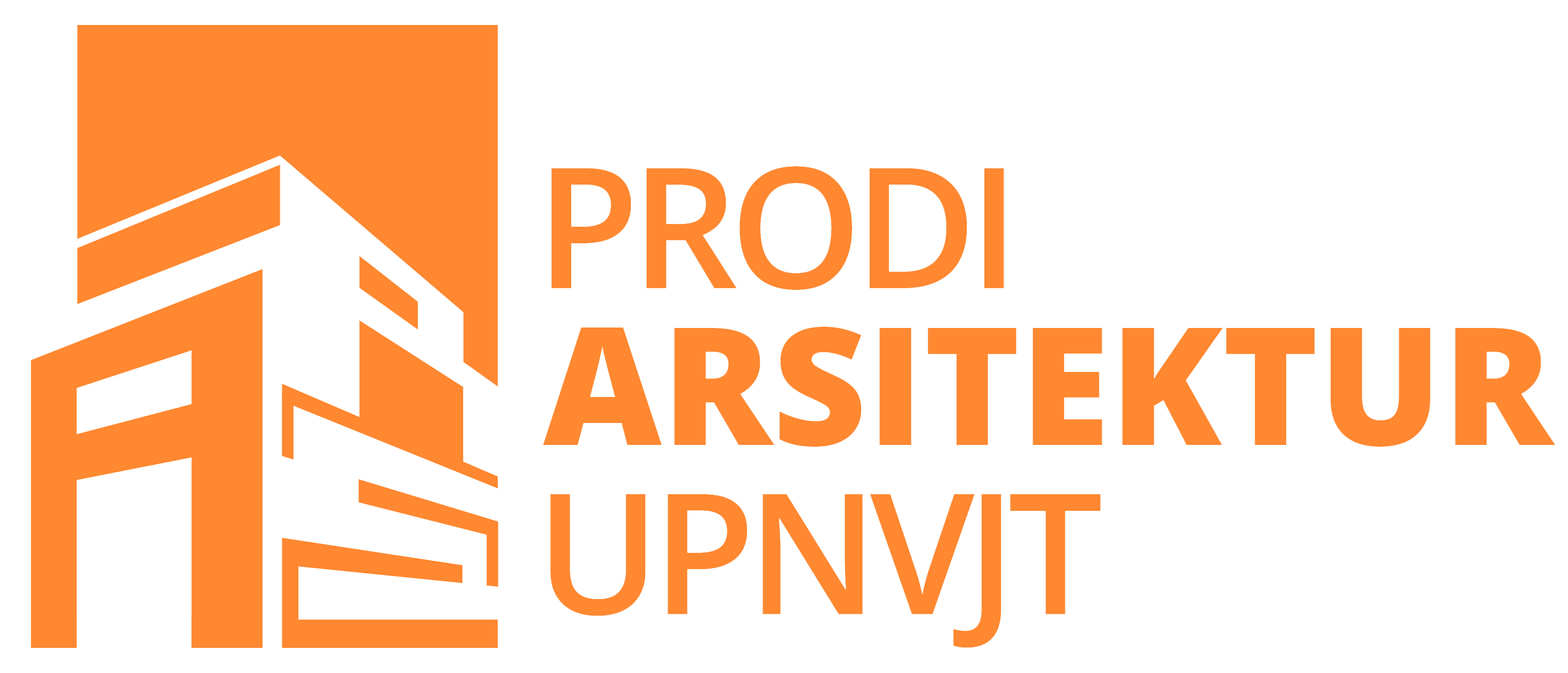EVALUATION OF WORKSHOP ROOM COMFORT TO IMPROVE OCCUPATIONAL HEALTH AND SAFETY (OHS)
DOI:
https://doi.org/10.33005/border.v7i1.1257Keywords:
lighting, thermal comfort, noise, work environment, workshopAbstract
The establishment of a comfortable and safe work environment is fundamental to facilitate worker productivity and well-being. The workshop room, as one of the prime facilities in the workings of discovery and practice, must have light conditions, thermal comfort, and noise levels in accordance with occupational health and safety standards. The purpose of the study is to assess the light conditions, thermal comfort, and noise levels in the workshop room and provide strategic recommendations to improve the quality of the working environment. The research methodology employed is quantitative, where direct measurements are made with respect to the lighting levels, temperature, humidity, airspeed, and noise levels in the workshop room. The data were obtained to compare it with the relevant standards to determine whether the work environment conditions comply with the required regulations. The outcomes of the study reveal that lighting conditions in the workshop room do not meet the recommended levels entirely, especially in some work areas where light intensity is below the suggested threshold. The other major concern is thermal comfort because the room users would not be comfortable under very high temperature and humidity conditions. Noise levels, however, were found to be below standard. However, these noise levels which are almost hitting the upper limit could affect work comfort and health. Hence, with respect to these findings, the study recommends the redesigning of the lighting layout, improving the ventilation system, and applying noise abatement methods to raise the quality of the workshop room working environment.
Downloads
References
Al Kailani, M., Al Dhaheri, A., & Sheta, W. (2024). Hybrid lighting approach to improve interior workspace environments: a case study in the UAE. Frontiers in Engineering and Built Environment, 4(3), 169–183. https://doi.org/10.1108/FEBE-11-2023-0052
Amaripadath, D., Rahif, R., Velickovic, M., & Attia, S. (2023). A systematic review on role of humidity as an indoor thermal comfort parameter in humid climates. Journal of Building Engineering, 68, 106039. https://doi.org/10.1016/J.JOBE.2023.106039
Asadi, N., Gudarzi, S. T., Hosseini, S. S., Hashemi, Z., & Dehaghi, R. F. (2024). The Correlation Between Lighting Intensity, Eye Fatigue, Occupational Stress, and Sleep Quality in the Control Room Operators of Abadan Refinery. Shiraz E Medical Journal , 25(8). https://doi.org/10.5812/SEMJ-141536
Baldwin, J. W., Benmarhnia, T., Ebi, K. L., Jay, O., Lutsko, N. J., & Vanos, J. K. (2023). Humidity’s Role in Heat-Related Health Outcomes: A Heated Debate. Environmental Health Perspectives, 131(5). https://doi.org/10.1289/EHP11807
Bordiug, N., Rashchenko, A., & Les, T. (2020). Workshop as a method of training future experts in techogenic and environmental safety. ScienceRise: Pedagogical Education, 0(3 (36)), 38–41. https://doi.org/10.15587/2519-4984.2020.200263
Cabral, N., Simões, H., de Figueiredo, J. P., & Ferreira, A. (2024). Thermal Comfort Assessment in a Food Industry (SIA)–Case Study. Studies in Systems, Decision and Control, 492, 399–407. https://doi.org/10.1007/978-3-031-38277-2_32
Huang, X., Lu, Z., & Zhuang, Z. (2019). Analysis of the Wind Environment to Improve the Thermal Comfort in the Colonnade Space of a Qilou Street Based on the Relative Warmth Index. Sustainability, 11(16), 4402. https://doi.org/10.3390/su11164402
Indonesia, S. N., & Nasional, B. S. (2020). Konservasi energi pada sistem pencahayaan. Jakarta: Badan Standarisasi Nasional.
Linds, W., & Gee, T. (2023). What Is Workshop? 19–39. https://doi.org/10.1007/978-981-99-2291-8_3
Lyon, J. (2025). Noise Exposure and Hearing Loss Among Landscape and Groundskeepers. Workplace Health & Safety, 73(2), 109–109. https://doi.org/10.1177/21650799241288910
Maharani, S. A., Budiman, N. A., & Komala Dewi, N. I. (2024). Comparative Analysis of the Distribution of Natural Lighting with Artificial Lighting in Auditorium at Indonesia University of Education, at Faculty of Mathematics and Natural Sciences Building. IOP Conference Series: Earth and Environmental Science, 1404(1), 012030. https://doi.org/10.1088/1755-1315/1404/1/012030
Moreno, O., Fuentes-Hernandez, C., & Kippelen, B. (2024). Redefining artificial lighting through spectral engineering of light sources for well-being. Scientific Reports, 14(1), 26298. https://doi.org/10.1038/s41598-024-78315-4
Najmaldin Ezaldin Hassan. (2024). Noise Pollution And Its Effects On Human Health: A Review. EPRA International Journal of Multidisciplinary Research (IJMR), 24–37. https://doi.org/10.36713/epra18872
Nasional, B. S. (2001). Tata cara perancangan sistem ventilasi dan pengkondisian udara pada bangunan gedung. Jakarta: Standar Nasional Indonesia.
Nomor, P. M. K. R. I. (5 C.E.). Tahun 2018 tentang Keselamatan dan Kesehatan Kerja Lingkungan Kerja. Jakarta: Depnaker.
Pratama, M. R. D., Purnama, M. S. S., & Nugraha, D. (2023). Lighting Study In Classroom At Mts Al Muttaqin Plemahan Kediri. BORDER, 5(2), 118–126. https://doi.org/10.33005/border.v5i2.719
Radić-Bojanić, B. B., Pop-, D. M., Karlovci, J., School, G., & Karlovci, S. (2018). Workshops In Education: Theoretical And Practical Issues. Методички Видици, 9(9), 223–234. https://doi.org/10.19090/mv.2018.9.223-234
Reinhold, K., & Tint, P. (2009). Lighting of Workplaces and Health Risks. https://eejournal.ktu.lt/index.php/elt/article/download/10280/5125
Yang, W., Lin, Y., & Fatourehchi, D. (2024). Thermal Comfort. Routledge Handbook of High-Performance Workplaces, 62–78. https://doi.org/10.1201/9781003328728-7
Yusop, S. H. M., Ahmad, I. N., & Ma’arof, M. I. N. (2013). A Review of Research Concerning Lighting in Manufacturing Plants. Advanced Engineering Forum, 10, 83–88. https://doi.org/10.4028/www.scientific.net/AEF.10.83
Downloads
Published
How to Cite
Issue
Section
License
Copyright (c) 2025 Border: Jurnal Arsitektur

This work is licensed under a Creative Commons Attribution 4.0 International License.

















